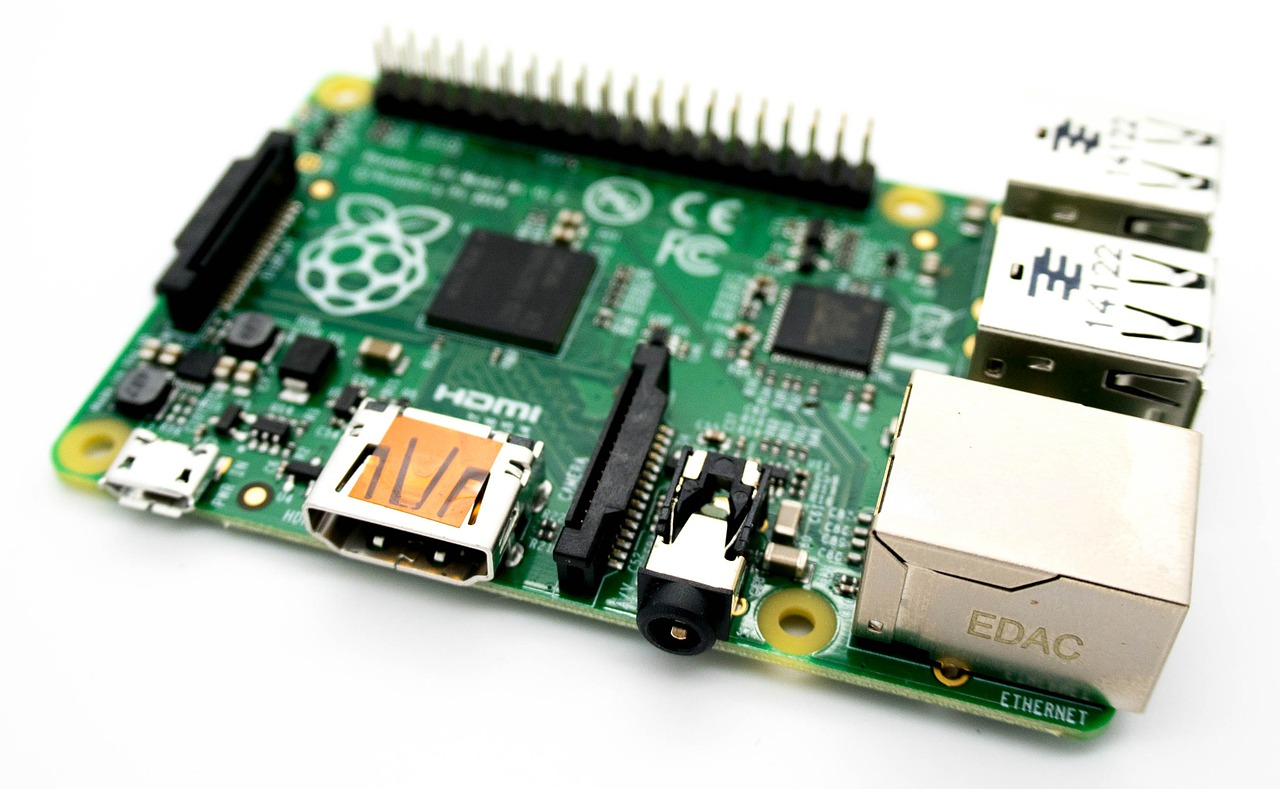At a glance: Raspberry Pi 4 review
The single-board computers of the Raspberry Pi Foundation have gained quite a lot of fanfare in the last decade due to the low price of the product and the versatile features. Three years have passed since the non-profit organization first launched the Raspberry Pi 3, which is little less than an eternity in the technological world, and yet the Raspberry Pi 3 still has an influential position in the market. Now the Raspberry Pi 4 is ready to take the place of its predecessor. Without further ado, let’s take a look at what the new Raspberry single-board computer offers.
Specifications and design
Raspberry pi 4 looks essentially the same as Raspberry Pi 3. However, as it is essentially a few chips and metal bits welded on a PCB, this is to be expected.
At the heart of the Raspberry Pi 4 is a Broadcom BCM2711 SoC that has four ARM Cortex-A72 CPU cores synchronized at 1.5GHz. This should offer a significant increase in performance over the Raspberry Pi 3 The B + model, which used four more efficient and slower Cortex-A53 CPU cores, with 1.4GHz clock speed. PI 4 also has a more powerful graphics processor that has a speed of 25 percent faster than its predecessor. The architectural details about Broadcom’s proprietary VideoCore graphic technology are few and far between, and we can’t really judge how much performance increase it represents, but it will probably be quite significant due to the increased clock speed alone.
All versions of Raspberry Pi 4 will also come equipped with LPDDR4, which is noticeably faster than the LPDDR2 memory used in the outgoing Pi 3 Model B +. The least expensive model of Pi. 4 will come with only 1 GB of RAM and will cost $ 35 exactly as its predecessor. Putting an additional $ 10 you will get 2GB of RAM, and the higher level 4GB version sells for $ 55.
With the combination of the fastest processing hardware, the fastest RAM and the most RAM, it seems that the Pi 4 will run circles around its predecessor in virtually any task. It is also worth noting that the Pi 4 will also be compatible with Gigabit Ethernet and USB 3.0 ports, which are features that the Pi 3 was missing
Performance and heat tests
Our sister site PCMag tested a Raspberry Pi 4 and an old Pi 3 Model B + to discover how much the new Pi tastes better than the previous one. The results of Sunspider 1.0.2, which is a JavaScript benchmark, showed the Pi 4 easily beating the previous model. The PI 4 completed this test in only 845 ms, while the Pi 3 The B + model took more than double in 1.92 seconds. PCMag then tested the two devices with JetStream 1.1. The PI 4 in this test achieved a score of 38.14, but the Pi 3 The B + model could not handle the tension and complete the test.
While Pi 4 is undoubtedly the fastest product launched by the Raspberry Pi Foundation, unfortunately, it is also one of the most popular. When using the system to watch a YouTube video that plays at 1080p, PCMag recorded the SoC temperature reaching 72 degrees Celsius. The temperature increased to 76 degrees Celsius during the JetStream test. Technically it is safe to operate the Raspberry Pi 4 at these temperatures, and the system is designed to accelerate the CPU if temperatures reach 80 degrees Celsius to avoid damaging the unit. But it is also a bit close for comfort, and it would be better to invest in a fan, heatsink or both to help protect against heat-related damage.
conclusion
After all, the Raspberry Pi 4 is a faster solution with a richer feature set, all while matching the price of its predecessor to the penny. Not to mention that there are models with additional RAM for those who wish to use the system as an HTPC or media streaming device. Realistically, I can’t see a single negative point to make about it. Just be careful not to burn your Pi with too many applications that consume a lot of energy.


